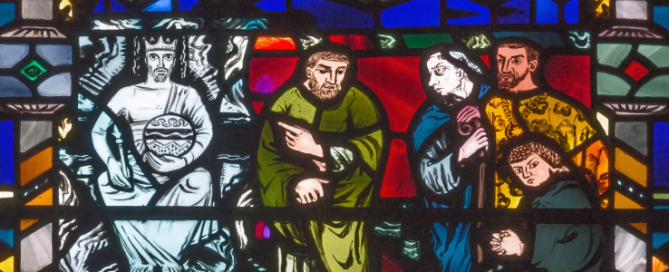Bart responds to readers, friend and foe, as time allows.
Why Textual Criticism Seemed to Be on Death’s Door
In last week’s readers’ mailbag I started to answer a question that I never finished – in fact, I never got around to the question! Here it is again. QUESTION: Is there a story (post) about your move from textual criticism to other things? RESPONSE: In my two-part (non-)response to this question I first explained that my training in graduate school actually was not in textual criticism, but was mainly in the interpretation of the New Testament and the history of earliest Christianity. But my passion was textual criticism -- that is, analyzing the surviving manuscripts of the New Testament – and related textual witnesses [early translations of the NT into other languages; and especially the quotations of the NT in the writings of early church fathers] – in order to determine both what the authors originally wrote and figuring out how, why, and when the text came to be changed by scribes who were copying it. It was precisely because my training was actually in something different from my passion that I ended [...]

